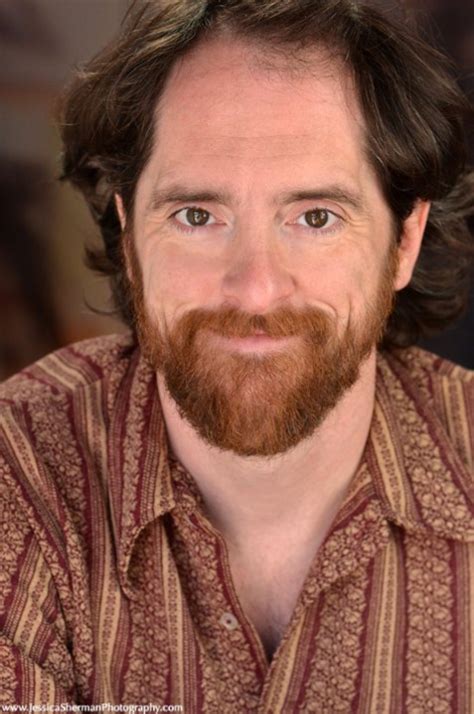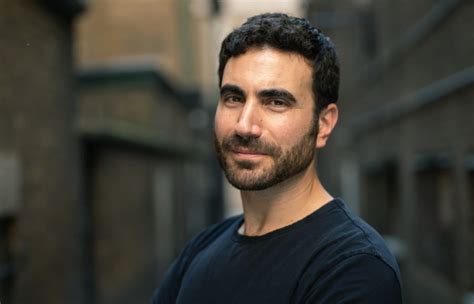A Quote by Phil Dunster
'Ted Lasso' is still funny and it still points fingers and holds truth to power. But it does it in a way that feels like it's a net gain rather than somebody losing out.
Related Quotes
The first attempts to consider the behavior of so-called "random neural nets" in a systematic way have led to a series of problems concerned with relations between the "structure" and the "function" of such nets. The "structure" of a random net is not a clearly defined topological manifold such as could be used to describe a circuit with explicitly given connections. In a random neural net, one does not speak of "this" neuron synapsing on "that" one, but rather in terms of tendencies and probabilities associated with points or regions in the net.
The truth is I'm a dork. I collected comics. I still love cartoons. I'd rather be at home on a Friday night than out at some club… My sense of humor is that of a geek. My likes and dislikes are that of a geek. I've memorized every crappy sci-fi movie there is, but still haven't seen Schindler's List.




























